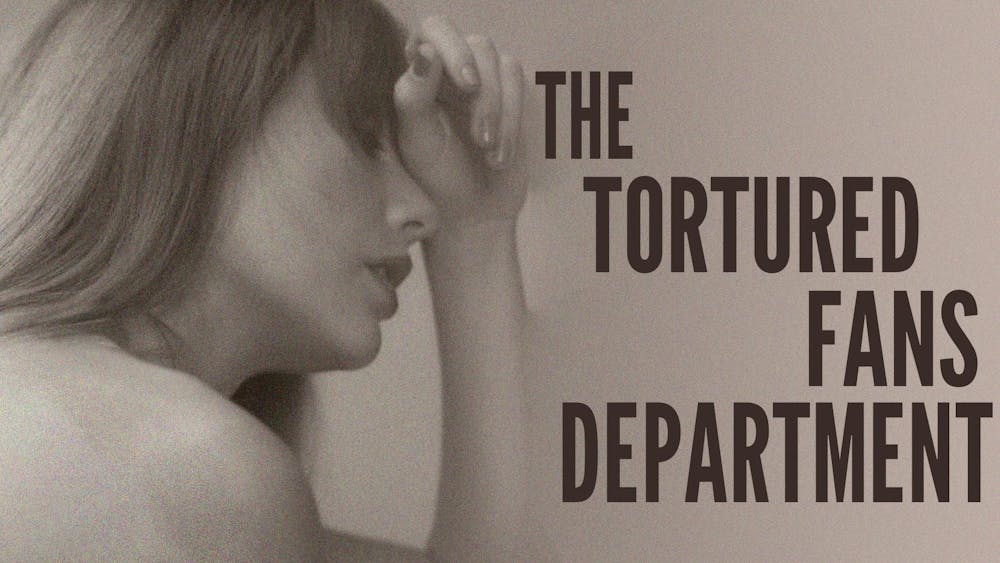
“The Social Network” — Director David Fincher
David Fincher recruited Trent Reznor, of Nine Inch Nails and composer/producer Atticus Ross to score his 2010 film adaptation of “The Accidental Billionaires,” a story detailing the founding of Facebook. Reznor and Ross accent each scene with modern undertones of industrial-electronic beats and songs surrounding pivotal courtroom proceedings, bouts of coding and revelations.
“Drive” — Director Nicolas Winding Refn
The film features a combination of tracks Winding Refn selected from mixer Johnny Jewel’s catalog and original compositions by one-time Red Hot Chili Pepper drummer and often Steven Soderbergh-collaborator Cliff Martinez. The mix of ambient and retro synth pop plays an important part in dictating the movie’s slick style immediately and never relents.
“Kill Bill Vol. 1 & 2” — Director Quentin Tarantino
Along with The RZA’s composition, Quentin Tarantino compiled a mix of his favorite music from other film soundtracks to score his epic two-part movie “Kill Bill.” Volume one shows off the director’s obsession with martial arts and samurai movies and the soundtrack accurately follows with a very Eastern influence. Meanwhile, Volume Two plays out like a classic Spaghetti Western and incorporates country and Western scores. In both, though, Tarantino has a knack for finding the exact song to complement his action.
“Donnie Darko (Director’s Cut)” — Director Richard Kelly
Set in suburban 1980s, Richard Kelly’s mind-bending drama “Donnie Darko” features a blend of the time’s New Wave and Post-Punk music. Both genres’ combination of synthetic, glimmering pop with dark tones and lyrics accentuates the film’s similar mood. Movie composer Michael Andrew’s reworking of Tears for Fears’ “Mad World,” shows just how simultaneously grim and beautiful the soundtrack is.
“Her” — Director Spike Jonze
Indie band Arcade Fire and violinist Owen Pallett composed the score to Spike Jonze’s futuristic love story. The light, minimalistic sound the group created helps immensely to establish the near-future Los Angeles of the movie and swells in all the right places to emphasize the film’s winding pathos.
“Lost in Translation” — Director Sofia Coppola
Sofia Coppola’s beautifully aesthetic love affair with Tokyo is primarily set to Dream Pop and Shoegaze music, with a few contributions from My Bloody Valentine’s Kevin Shields. Like the city itself, the soundtrack is airy and bright, but also has moments of deep longing, characterized in the exploration of the movie’s central relationship.
“Almost Famous” — Director Cameron Crowe
Not to leave out a film centered on music itself, nor leave out a film with diegetic performances incorporated in the plot, Cameron Crowe’s semi-autobiographical film follows the band “Stillwater” and includes a full-fledged song from the fictional group. The rest of the soundtrack covers some of the best ‘60s and ‘70s Classic Rock, setting the tone for a wild tour.













